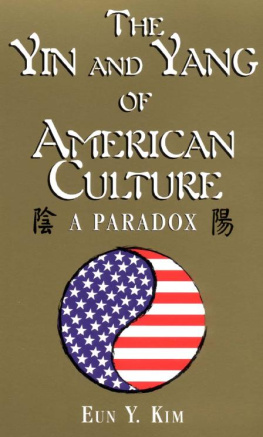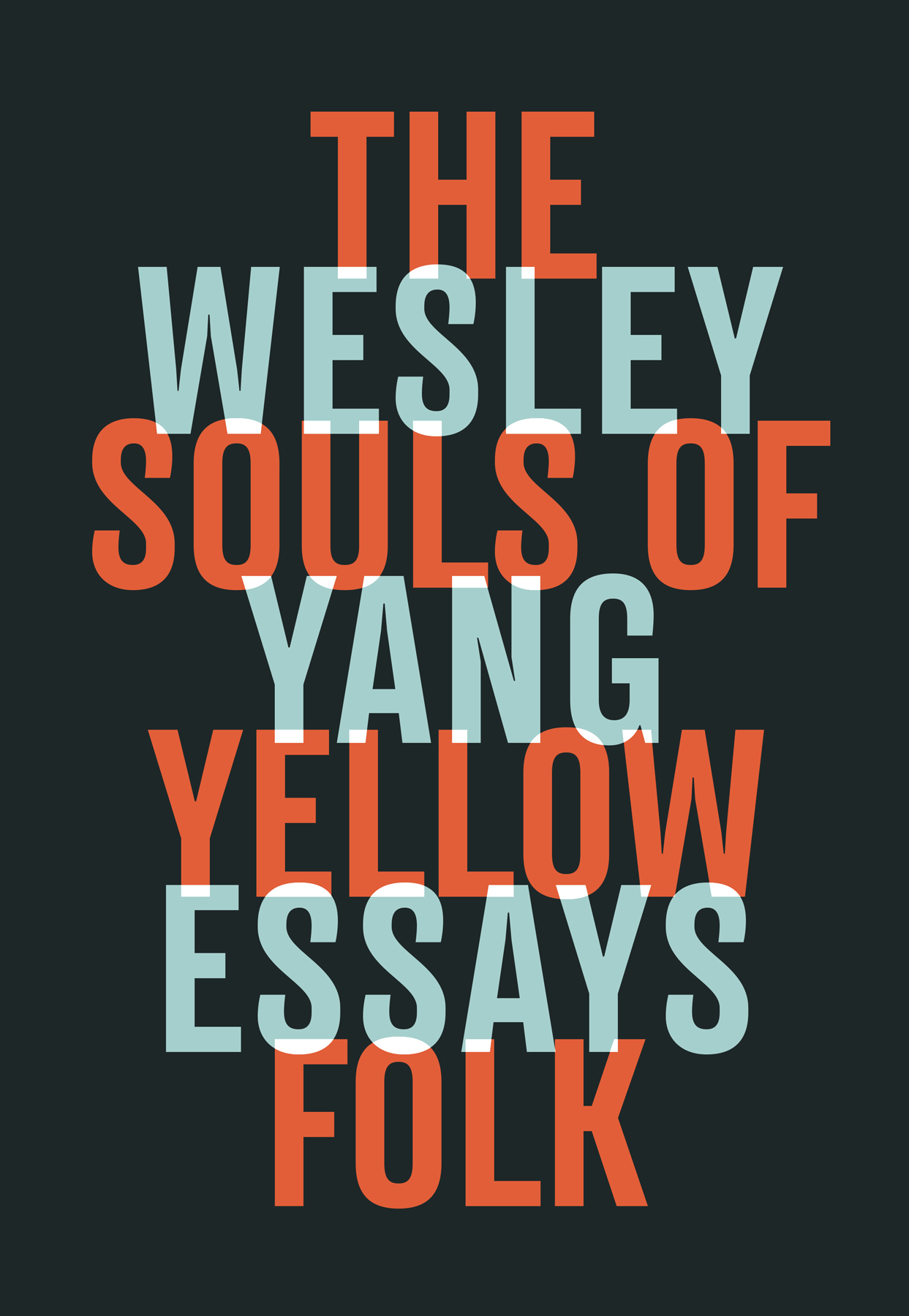Contents
Guide
Page List
THE SOULS OF YELLOW FOLK
Essays
WESLEY YANG

W. W. NORTON & COMPANY
Independent Publishers Since 1923
New York | London
Copyright 2018 by Wesley Yang
All rights reserved
First Edition
For information about permission to reproduce selections from this book, write to Permissions, W. W. Norton & Company, Inc., 500 Fifth Avenue, New York, NY 10110
For information about special discounts for bulk purchases, please contact W. W. Norton Special Sales at specialsales@wwnorton.com or 800-233-4830
Book design by Michelle McMillian
Production manager: Beth Steidle
JACKET DESIGN BY KEENAN
The Library of Congress has cataloged the printed edition as follows:
ISBN 978-0-393-24174-7
ISBN 978-0-393-65265-9 (ebk)
W. W. Norton & Company, Inc., 500 Fifth Avenue, New York, N.Y. 10110
www.wwnorton.com
W. W. Norton & Company Ltd., 15 Carlisle Street, London W1D 3BS
To my wife, Erika Kawalek Yang, who is a model of the strength and integrity I hope to inculcate into our daughter, Vita Yang, with faith that such will be sufficient to confront the world depicted in the pages that follow.
CONTENTS
THE SOULS OF YELLOW FOLK
More than a decade ago, an editor at the literary journal n+1 asked if I wanted to write about the largest mass murder in American history, which had occurred a few days previously at a college in Virginia. I resented the implication of his request. The implication was that there was something about that episode that would be particularly salient to me. I resented the implication because it was true.
The implication was that we shared something in common, the Virginia Tech killer and I. We were both the children of immigrants from Korea. We were both Asian men in America. Some things that were true then about Asian men in America remain true today: We have the highest educational attainment of any group in America. We have the lowest rate of incarceration. And we have the highest median income in America. So those were a couple of the things I shared in common with the Virginia Tech shooter. We were both part of that fortunate fraction of the American public enrolled in higher education, a part of a busily striving cohort slated to earn a comfortable living in a society that increasingly rewarded the educated and punished the uneducated. We both lived in a society that welcomed diversity, propagandized on its behalf, prided itself on transcending its origins in slavery and genocide. We were both the children of immigrants in a nation of immigrants.
Was that all I had in common with the Virginia Tech killer? The implication I resented was that I would know something, just a littleor maybe a little bit more than a littleabout what animated the Virginia Tech killer. I would know this simply because of what we shared in common that extended beyond the high rate of educational attainment, and the low rate of incarceration, that characterized the category of people like ourselves in the aggregate. What we shared in common was that we both had Asian faces.
On the one hand, the Virginia Tech killer was mentally ill. I did not know what it was like to suffer from a clinical condition that culminates in an act of destructive malevolence on a grand scale. On the other hand, the Virginia Tech killer had succumbed to resentment, a much more widely distributed condition, and maybe one that I knew something about. Is that what youre implying? I demanded to know of my editor. I did not receive a reply.
What we were presumed to share in commonand this was the implication that I resented, because it was both true and unspeakablewas the peculiar burden of nonrecognition, of invisibility, that is a condition of being an Asian man in America. You could say, as many have before and since, that we are unused to seeing such faces in the movies and on TV, which was true then, though such a grievance was a poor proxy for the deeper injury that it named: that this face was in our culture a kind of cipher, a void, and all the more so to those of us who had to confront it gazing back at us from a reflected surface.
Was this a real condition or just my own private hallucination? By this I mean something that has in recent years escaped from the obscurity in which it was once shrouded, even as it was always the most salient of all facts, the one most readily on display, the thing that was unspeakable precisely because it need never be spoken: that as the bearer of an Asian face in America, you paid some incremental penalty, never absolute, but always omnipresent, that meant that you were by default unlovable and unloved; that you were presumptively a nobody, a mute and servile figure, distinguishable above all by your total incapacity to threaten anyone; that you were many laudable things that the world might respect and reward, but that you were fundamentally powerless to affect anyone in a way that would make you either loved or feared.
What was the epistemological status of such an extravagant assertion? Could it possibly be true? Could it survive empirical scrutiny? It was a dogmatic statement at once unprovable and unfalsifiable. It was a paranoid statement about the way others regarded you that couldnt possibly be true in any literal sense. It had no real truth value, except that under certain conditions, one felt it with every fiber of ones being to be true. The warm light of day seemed to annul it, reducing this sense to the most lukewarm of all personal conundrums, Asian-American identity; the racial grievance least likely to receive, or to deserve, any public recognition, the most readily treated with ironic ridicule. The dark inwardness of nightmare could conjure it back to life: Seung-Hui Cho was the projection of that nightmare, even as he was also a real person who took actual lives.
The bulk of the 10,000-word essay that I wrote was composed in Gmail in one feverish night. My editors and I then proceeded to spend the better part of the next six weeks trying to qualify and contextualize it, to soften its hard edges, and indigestible elements, to bring order and structure and coherence to its digressive dream logic. In the end, we decided to retain the pieces rawness and leave its many loose ends dangling.
It was in many ways an indefensible piece of writingsprawling, fragmented, bristling with insinuations in the place of argument. It took monstrous liberties, making Cho and his transgressions into a proxy, and a foil. It was about the banality of radical evil, and a strange compound of resentment and entitlement that had accrued in the heart of one young man and caused him to wage war against being itself. It read the manifesto that he circulated to the media in advance of his act as one expression of a fantasy of a mass insurrection that he would summon into being through his act. The manifesto posited the existence of an army of other losers like himself, denied recognition and rendered invisible, who would someday attain class consciousness and leave behind their abjection through violent, coordinated action to subdue the world to their will, or die fighting. And it seems to me today that it bears revisiting primarily as part of the prehistory of our present moment.
In the successive decade, weve grown accustomed to a news cycle punctuated by such acts of motiveless malignity; typically perpetrated by young men, sometimes inspired by religion, sometimes by race, sometimes by the hatred of women, sometimes by the intersection of each and all. All the rhetorical moves and countermoves in which various partisans frame these eruptions as part of their political agendas are by now routinized, virtually algorithmic. Some blame toxic masculinity, the thwarted entitlement of men; others the ready availability of guns; still others the insufficiency of mental health care. Some invoke the specter of nihilism.


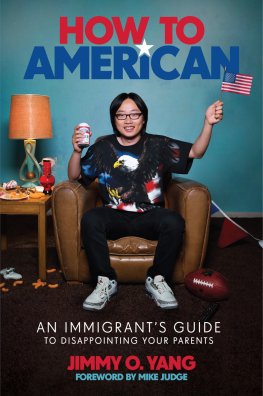

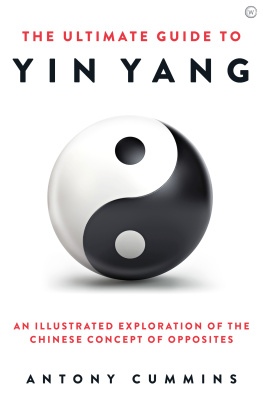
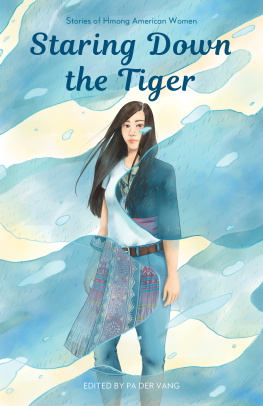
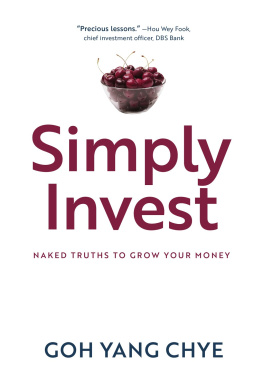
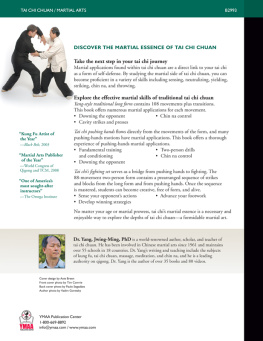
![Yang - The latehomecomer: [a Hmong family memoir]](/uploads/posts/book/165016/thumbs/yang-the-latehomecomer-a-hmong-family-memoir.jpg)
